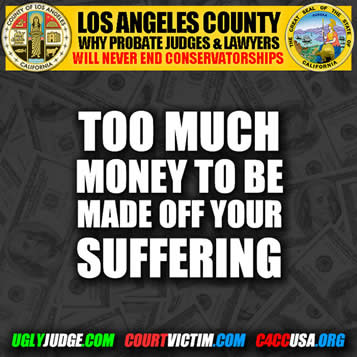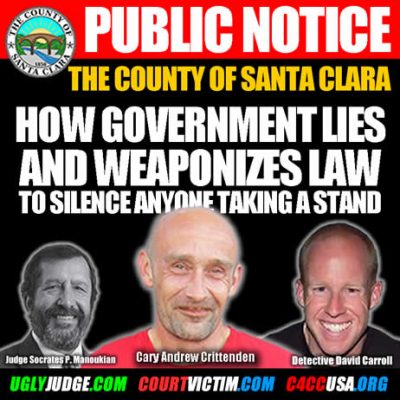Guardians of the Elderly: An Ailing System Part I: Declared ‘Legally Dead’ by a Troubled

Guardians of the Elderly: An Ailing System Part I: Declared ‘Legally Dead’ by a Troubled System Undated (AP) The nation’s guardianship system, a crucial last line of protection for the ailing elderly, is failing many of those it is designed to protect. A year-long investigation by The Associated Press of courts in all 50 states and the District of Columbia found a dangerously burdened and troubled system that regularly puts elderly lives in the hands of others with little or no evidence of necessity, then fails to guard against abuse, theft and neglect. In thousands of courts around the nation every week, a few minutes of routine and the stroke of a judge’s pen are all that it takes to strip an old man or woman of basic rights. The 300,000 to 400,000 elderly people under guardianship can no longer receive money or pay their bills. They cannot marry or divorce. The court entrusts to someone else the power to choose where they will live, what medical treatment they will get, and, in rare cases, when they will die. The AP investigation examined more than 2,200 randomly selected guardianship court files to get a portrait of wards and of the system that oversees them. After giving guardians such great power over elderly people, overworked and understaffed court systems frequently break down, abandoning those incapable of caring for themselves, the AP found. A legal tool meant to protect the elderly and their property, guardianship sometimes results instead in financial or physical mistreatment, the AP found. ″Guardianship is a process that uproots people, literally ‘unpersons’ them, declares them legally dead,″ said Dr. Dennis Koson, a law and psychiatry expert in Florida. ″Done badly, it does more hurting than protecting.″ That danger was… Read More




